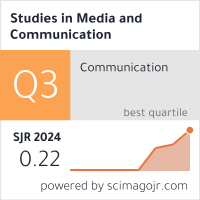Tangible Heritage and Intangible Memory: (Coping) Precarity in the Select Partition Writings by Muslim Women
Abstract
The partition of British India into two sovereign independent nations of India and Pakistan in 1947 was one of the most defining moments of the socio-political course of the sub-continent. The fight for independence from colonial rule and the rise of nationalism rooted in the religious discourse of two prominent religious communities- Hindus and Muslims, led to a precarious situation in the general atmosphere of the nation. It was even more pronounced in the case of women whose voices were marginalised and underrepresented in the discourse.
Building on the theories of precarity and applying the theories of feminist geography, this paper aims to investigate how, through the everyday materiality of heritage spaces and historical memory, Muslim women tried to cope with the precarity of the time. It further aims to highlight the role of tangible and intangible heritage and memory in making sense of place in the select partition writings by Muslim women.
Full Text:
PDFDOI: https://doi.org/10.11114/smc.v11i2.5935
Refbacks
- There are currently no refbacks.
Studies in Media and Communication ISSN 2325-8071 (Print) ISSN 2325-808X (Online)
Copyright © Redfame Publishing Inc.
To make sure that you can receive messages from us, please add the 'redfame.com' domain to your e-mail 'safe list'. If you do not receive e-mail in your 'inbox', check your 'bulk mail' or 'junk mail' folders.
If you have any questions, please contact: smc@redfame.com
------------------------------------------------------------------------------------------------------------------------------------------------------

